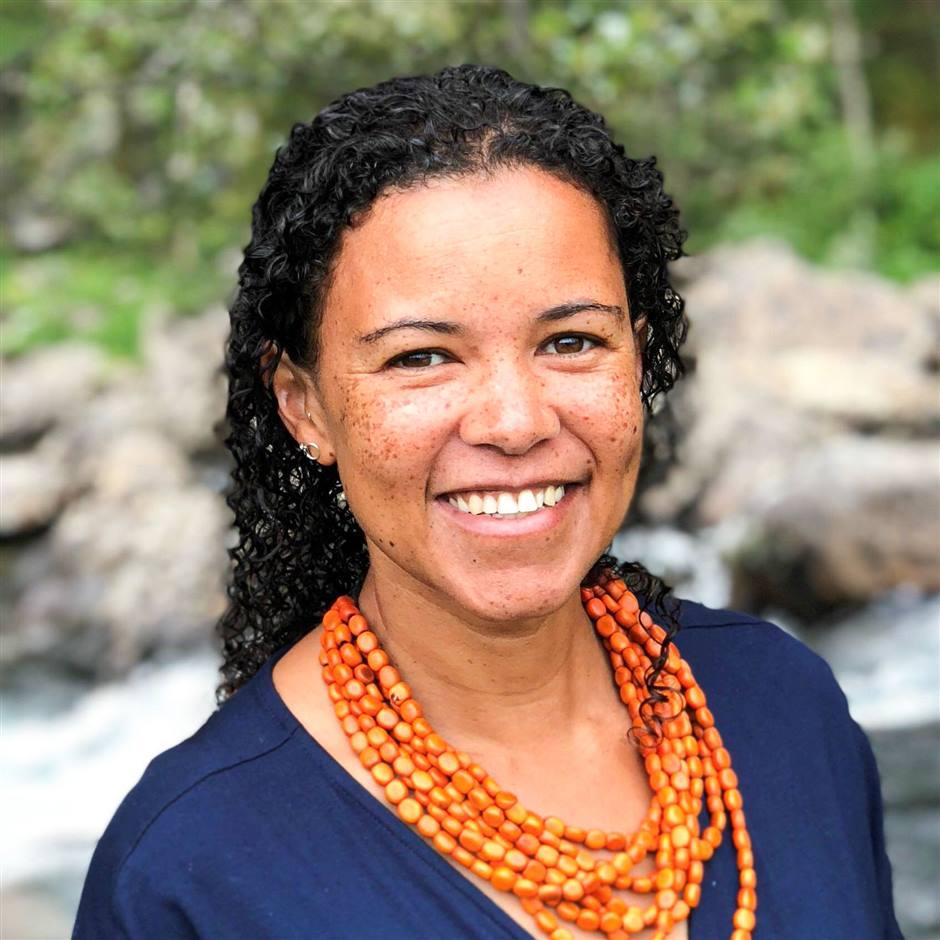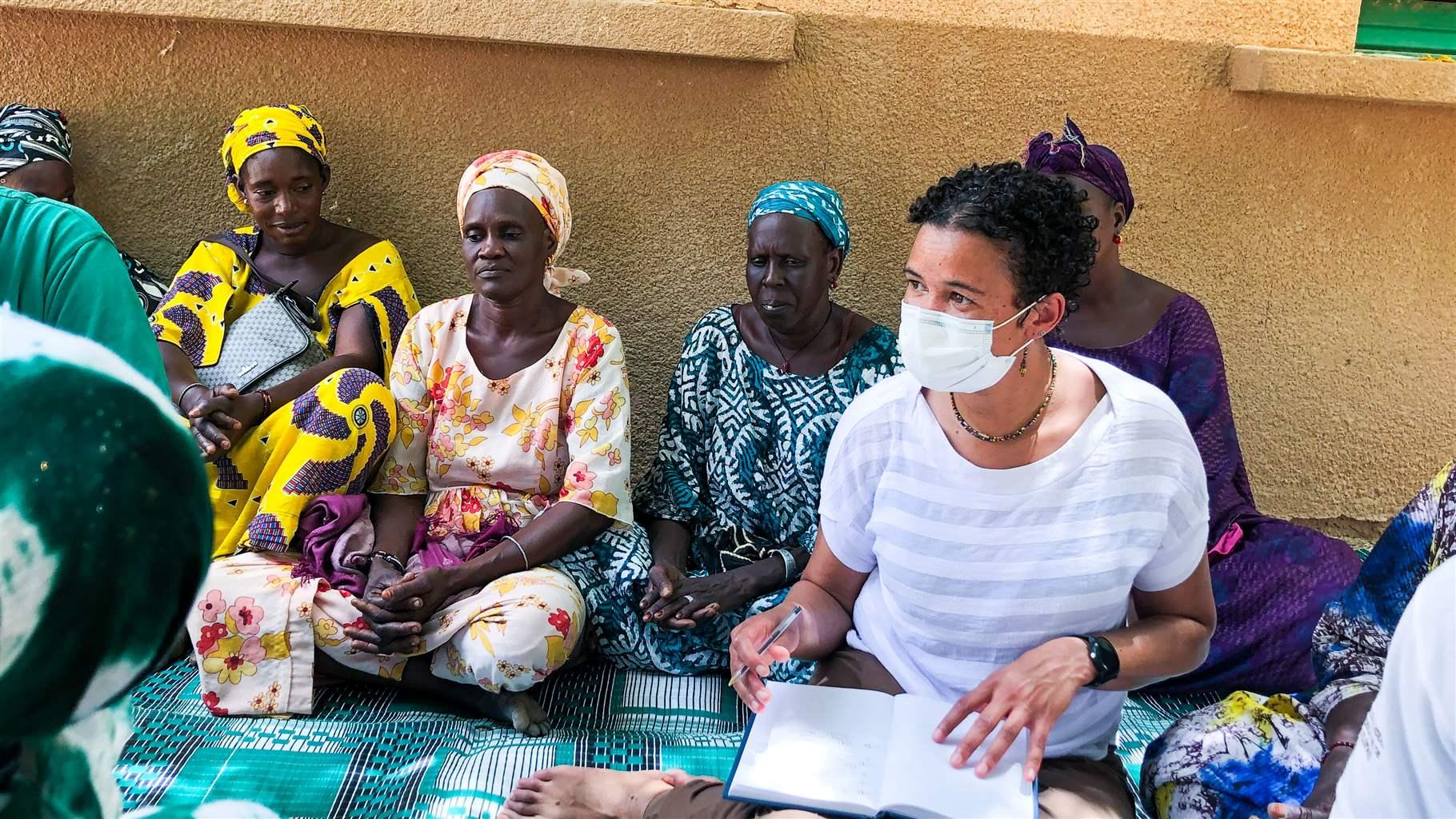Christina Hicks, Ph.D.

- Title
- Professor
- Department
- Lancaster Environment Centre
- Institution
- Lancaster University
- Country
- United Kingdom
- [email protected]
- Website
- https://www.lancaster.ac.uk/lec/about-us/people/christina-hicks

- Award year
- 2024
Mapping the landscape of fisheries finance to leverage transboundary conservation policy
The global seafood trade depends on a complex and poorly regulated financial network. As part of that, international and often opaque flows of capital can support harmful environmental activities, such as overfishing, in locations far removed from their financial backers. In recent years, growing international investment in fish harvesting, processing, and trade in Africa has resulted in rapid increases in fish catch, straining national management systems, jeopardizing food security, and threatening marine ecosystems on the continent.
Christina Hicks will investigate links between financing and overfishing in four countries in East and West Africa: Ghana, Kenya, Mauritania, and Seychelles. Using sustainability science and forensic accounting methods, she will identify actors with an outsize influence on the overexploitation of marine ecosystems in the two regions. She will conduct a policy analysis to evaluate opportunities and barriers to developing multilateral policies that could help increase transparency in finance and reduce inequities in decision-making. Hicks will also create a database for information that the project produces. And she will co-develop a transparency platform to enable government officials, regional fisheries management bodies, the World Trade Organization, the Food and Agricultural Organization, members of the seafood industry, and other stakeholders to access and produce fisheries finance research.
To learn more about Hicks, read her bio.
